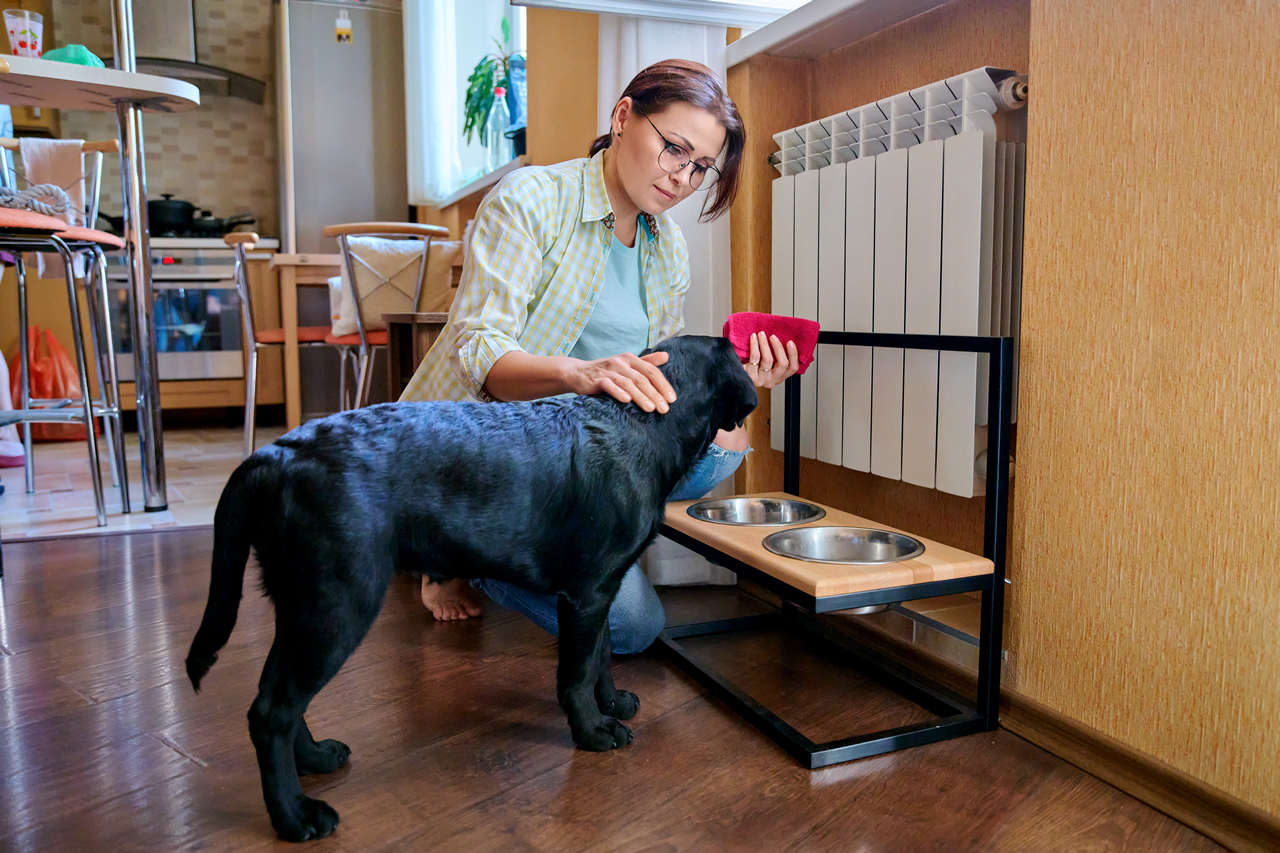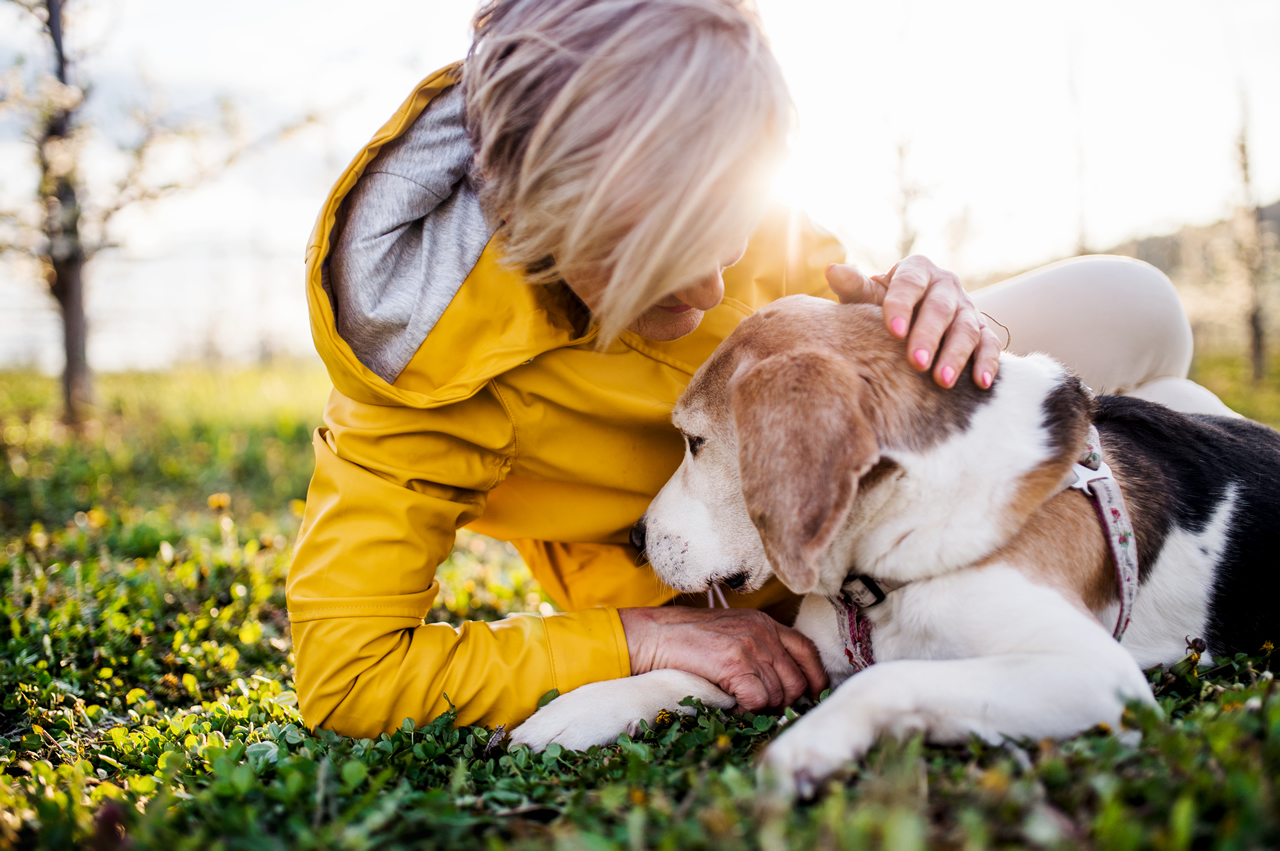Pets bring joy, companionship, and love to our lives. Whether you're considering adopting a dog or a cat, it's important to understand the financial responsibilities that come with being a pet owner. From food and veterinary care to grooming and supplies, the costs of raising pets can vary. In this article, we'll explore the expenses associated with raising dogs and cats, helping you prepare for the financial commitment of pet ownership.
1. Understanding the Financial Commitment
1.1 Initial Adoption Costs
When adopting a pet, there are initial costs to consider. These may include adoption fees, spaying or neutering fees, microchipping, and initial vaccinations. The specific costs can vary depending on the adoption source and location.
1.2 Ongoing Expenses
Owning a pet involves ongoing expenses. These can include food, supplies, grooming, vaccinations, preventive medications, and regular check-ups. Additionally, costs may vary based on the size, breed, and specific needs of your pet.
1.3 Unforeseen Medical Costs
It's important to be prepared for unforeseen medical costs. Pets can experience accidents, injuries, or develop illnesses that require veterinary care. Having a financial safety net or considering pet insurance can help mitigate these expenses.
2. Food and Supplies
2.1 High-Quality Food
Providing nutritious food is essential for your pet's health and well-being. The cost of pet food can vary based on the brand, quality, and size of your pet. It's important to choose food that meets their specific dietary needs.
2.2 Treats and Toys
Treats and toys are an important part of your pet's enrichment. While costs for treats and toys can vary, it's important to budget for these items as they contribute to your pet's happiness and mental stimulation.
2.3 Essential Supplies
Essential supplies include items like food and water bowls, bedding, litter boxes, scratching posts (for cats), leashes, collars, and identification tags. These initial purchases are essential for the comfort and safety of your pet.
3. Veterinary Care
3.1 Vaccinations and Preventive Care
Routine vaccinations and preventive care are necessary to protect your pet's health. Vaccinations can prevent diseases, and preventive medications such as flea and tick preventives are important for their well-being. These costs are recurring and should be factored into your budget.
3.2 Routine Check-ups and Examinations
Regular check-ups and examinations are important to monitor your pet's health and detect any potential issues early on. These visits allow the veterinarian to perform physical examinations, administer preventive treatments, and address any concerns.
3.3 Emergency and Specialty Care
Emergency situations or the need for specialty care can arise unexpectedly. It's important to have financial preparedness for such circumstances, as emergency veterinary care and specialty services can be costly.
4. Grooming and Maintenance
4.1 Regular Grooming
Grooming is an essential aspect of pet care, especially for certain breeds with specific grooming needs. This includes regular bathing, brushing, nail trimming, and dental care. While you can handle some grooming tasks at home, professional grooming services may be required for certain breeds or specific grooming needs.
4.2 Pet-Specific Supplies
Different pets may require specific grooming supplies such as brushes, combs, shampoos, toothbrushes, and dental care products. These items contribute to your pet's overall hygiene and should be included in your budget.
4.3 Professional Grooming Services
For pets with more complex grooming needs, professional grooming services may be necessary. These services can include haircuts, styling, and specialized treatments. The frequency and cost of professional grooming will depend on your pet's breed and grooming requirements.

5. Training and Behavior
5.1 Training Classes or Programs
Training is essential for a well-behaved pet. Training classes or programs can help with obedience, socialization, and addressing specific behavioral issues. The cost of training classes may vary depending on the duration and level of training required.
5.2 Behavior Modification
In some cases, pets may exhibit behavioral issues that require behavior modification. This may involve consulting with a professional animal behaviorist or trainer who specializes in addressing specific behavioral concerns. These services may incur additional costs.
5.3 Pet Insurance
Consider pet insurance as a way to manage potential medical expenses. Pet insurance policies can help cover veterinary costs for accidents, illnesses, and emergencies. Research different insurance providers to find a policy that suits your needs and budget.
Final Thoughts
Owning a pet brings immense joy and companionship, but it's important to be aware of the financial commitments involved. From initial adoption costs to ongoing expenses for food, veterinary care, grooming, training, and unforeseen medical costs, responsible pet ownership requires financial planning and budgeting. By understanding these costs and preparing for them, you can ensure a happy and healthy life for your beloved furry companion.
FAQs
- Is pet insurance worth it?
Pet insurance can provide financial protection and peace of mind in case of unexpected veterinary expenses. It's important to research different insurance providers, understand policy coverage, and consider your pet's specific needs when deciding if pet insurance is right for you.
- Are there any low-cost options for veterinary care?
Some communities offer low-cost veterinary clinics or programs that provide affordable veterinary care. Research local resources, animal welfare organizations, or contact your local humane society to inquire about such options.
- Can I save money on pet supplies and food?
Yes, you can save money on pet supplies and food by comparing prices, looking for discounts or sales, buying in bulk, and considering generic or store-brand options that still meet nutritional requirements. However, ensure the quality and safety of the products you choose.
- How often should I take my pet for a veterinary check-up?
Regular veterinary check-ups are important for maintaining your pet's health. The frequency of visits may depend on factors such as age, species, and any specific health concerns. Your veterinarian can provide guidance on the recommended schedule for check-ups.
- Are there any financial assistance programs for pet owners?
Some organizations and charities offer financial assistance programs for pet owners in need. These programs can help with veterinary expenses or provide support during difficult financial situations. Research local resources or contact animal welfare organizations for information on available programs.


